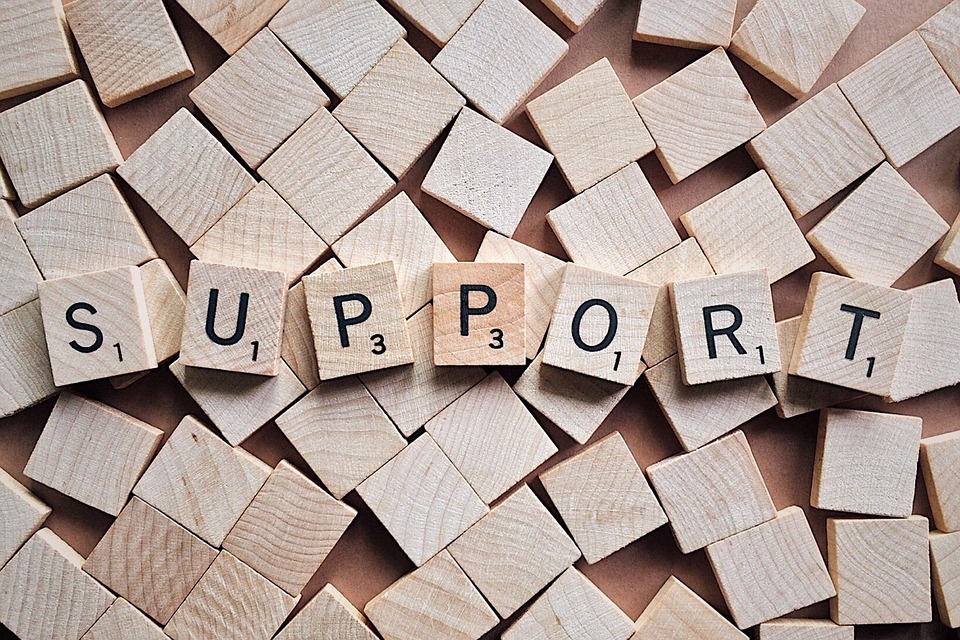Taking Care of YourselfCarers are more likely to experience poor physical and mental wellbeing than the general population. This is because they juggle care for others, working and caring for themselves. Most of the time caring for others is done in isolation with little emotional support or understanding from families, friends and their workplaces. Engaging in regular physical activity, relaxation and eating a balanced diet can support a Carers' overall wellbeing as well as ensuring they have regular physical health check-ups with a GP. Attending a Carer Support Group can also be helpful for social & emotional support. Below is a checklist that can be used as a guide for Carers to take care of themselves:
What if I'm not coping?Most Carers will tell you that they have times when they feel they are unable to cope. If you are feeling this way, seek someone to talk to, either your family, friends, doctor, minister or a counsellor. Carer support groups are also a inexpensive way to meet others who share similar experiences to you and also offer social/recreational group activities that support your well-being. If you need to speak to someone in confidence or don't know where to find help, Carers NSW can provide face-to-face counselling by calling the Carer Line on 1800 242 636 or if you prefer to speak to a counsellor by telephone, you can call the Carer Gateway Counselling on 1800 422 737. These are free services to all Carers that reside in NSW.
Counselling can support Carers with:
Counselling Services that are available for Carers
Coping with Grief & LossEveryone experiences significant change & loss during their life. These changes and losses can lead to feelings of grief. Grief is a normal reaction to a significant loss, which is personal for everyone. Grief can occur not only through death (bereavement) but also from major changes and losses in our lives such as: Moving or Migrating; Changing or Losing a Job; Separation or Divorce; Children leaving home; Acquiring a Disability or Chronic Illness; Death of a loved pet etc. The Australian Centre for Grief and Bereavement website provides more information and resources related to grief. The Southern Highlands Bereavement Care Service is available to anyone living in the Southern Highlands of NSW who has experienced a loss through bereavement. For more information or to make an appointment Phone 4862 1701 Staying ConnectedWhen the caring role is very demanding, a Carer may find that there is little time for socialising or, they may have needed to leave work or other social commitments in order to care for others. Even though the caring responsibility can place demands on a Carer's time, it's important not to disconnect from those around them who could be a potential source of support. Carer Support Groups provide Carers with an opportunity to socialise with other people who have similar experiences, talk, learn and have fun. View or Download our directory 'Carer and Other Support Groups SWS' from our Publications & Resources menu.
Listen to Antonia's story on the importance of self-care The Carers NSW website has more information related to Carer wellbeing and supports. Australian Men's Sheds provide men from all walks of life and ages with a place to meet, share stories, experiences and work on shed projects that benefit themselves and their communities. MensLine Australia have a self-care toolkit available on their website and they also offer 24/7 telephone counselling on 1300 789 978 or an online chat option for men who are having family or relationship problems. Carer Peer Connect is an online platform that provides opportunities for carers in New South Wales to be linked with each other to receive and provide assistance and support. It supports the establishment of new, face-to-face carer support groups and give existing groups a platform to continue conversations online www.carerpeerconnect.org.au Preventing exhaustion when Caring
|





